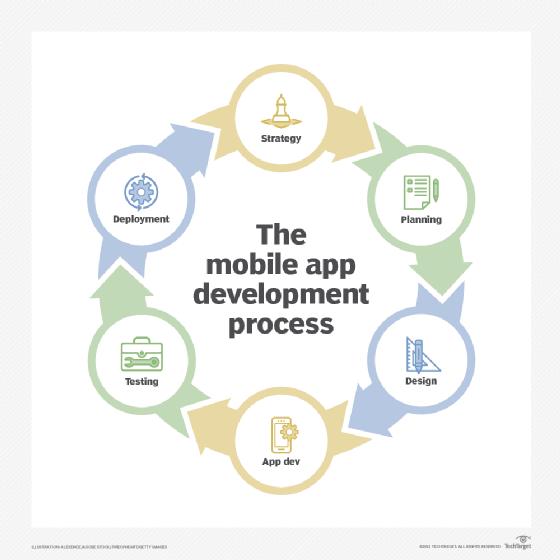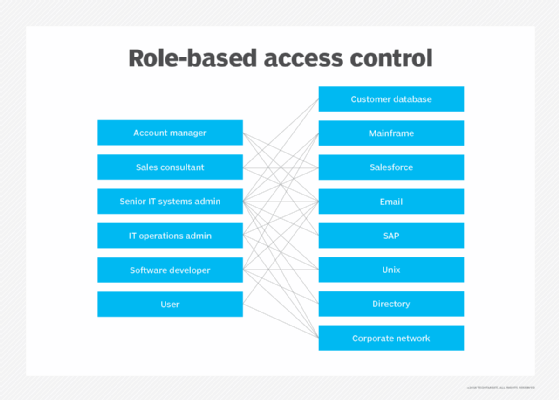Google Firebase
What is Google Firebase?
Google Firebase is a set of cloud-based development tools that helps mobile app developers build, deploy and scale their apps.
What are the Google Firebase features?
Firebase provides a variety of features, including the following:
- Authentication. Firebase provides a secure and easy way for users to sign into their app. Developers can use Firebase Authentication to support email and password login, Google Sign-In, Facebook Login and more.
- Realtime Database. The Firebase Realtime Database is a cloud-hosted NoSQL database that lets organizations store and sync data in real time across all of their users' devices. This makes it easy to build apps that are always up to date, even when users are offline.
- Cloud Messaging. Firebase Cloud Messaging (FCM) is a service that lets businesses send messages to their users' devices, even if they're not using the app. Developers can use FCM to send push notifications, update app content, and more.
- Crashlytics. Firebase Crashlytics is a service that helps organizations track and fix crashes in their app. Crashlytics provides detailed reports on crashes, so they can quickly identify the root cause and fix the problem.
- Performance Monitoring. Firebase Performance Monitoring provides insights into the performance of their app. Organizations can use Performance Monitoring to track metrics like CPU usage, memory usage and network traffic.
- Test Lab. Firebase Test Lab is a cloud-based service that lets developers test their app on a variety of devices and configurations. This helps them ensure the app works well on a variety of devices and in different network conditions.

What is the price for Google Firebase?
Firebase offers a free plan with 1 GB of real-time database storage and one paid subscription plan, which includes the following:
- Blaze Plan. The Blaze Plan is a pay-as-you-go plan with pricing increasing as users scale. While Blaze Plan pricing calculator enables users to determine monthly total pricing based on their usage requirements of each Firebase component used under the Blaze Plan, a few of the base charges include $5 per gigabyte of real-time database storage, $0.026 per gigabyte of storage ($0.12 per gigabyte downloaded) and $0.01 per authentications after the first 10,000.
Is Google Firebase secure?
All of Firebase's data centers are SOC 2 Type 2 and ISO 27001 certified. Firebase also uses a variety of security measures to protect your data, including the following:
- Data encryption. All of Firebase's data is encrypted at rest and in transit.
- Role-based access control. Firebase uses role-based access control (RBAC) to give granular control over who can access application data.
- Audit logging. Firebase logs all access to data, so businesses can track who has accessed application data and when.

What are the use cases for Google Firebase?
Firebase is used by a variety of companies, including Airbnb, Coca-Cola and Pinterest. Some of the ways Firebase is used include the following:
- Authentication. Firebase is used to authenticate users in apps like Airbnb and Pinterest.
- Realtime Database. The Firebase Realtime Database is used to store and sync data in real time in apps like Uber and Snapchat.
- Cloud Messaging. Firebase Cloud Messaging is used to send messages to users' devices in apps like Facebook and Twitter.
- Crashlytics. Firebase Crashlytics is used to track and fix crashes in apps like Google Maps and Gmail.
- Performance Monitoring. Firebase Performance Monitoring is used to track the performance of apps like Spotify and Netflix.
- Test Lab. Firebase Test Lab is used to test apps on a variety of devices and configurations in apps like Slack and Zoom.
Explore the benefits -- and tradeoffs -- of a mobile SDK and compare web and mobile testing tools from AWS, Microsoft and Google.







